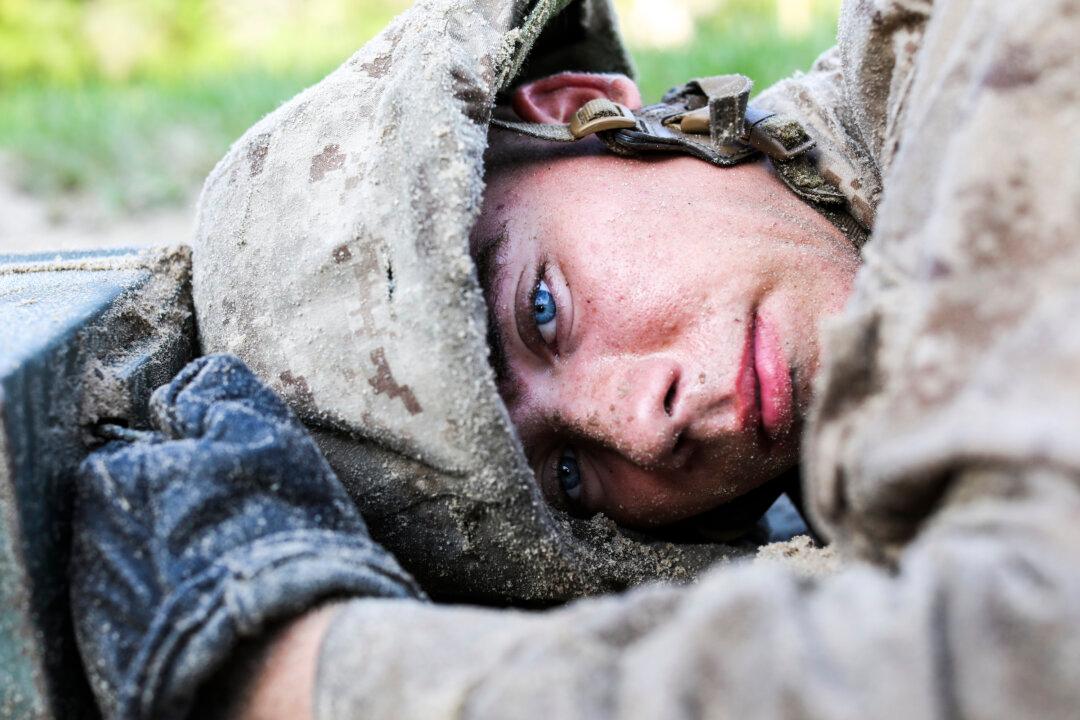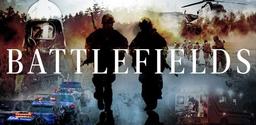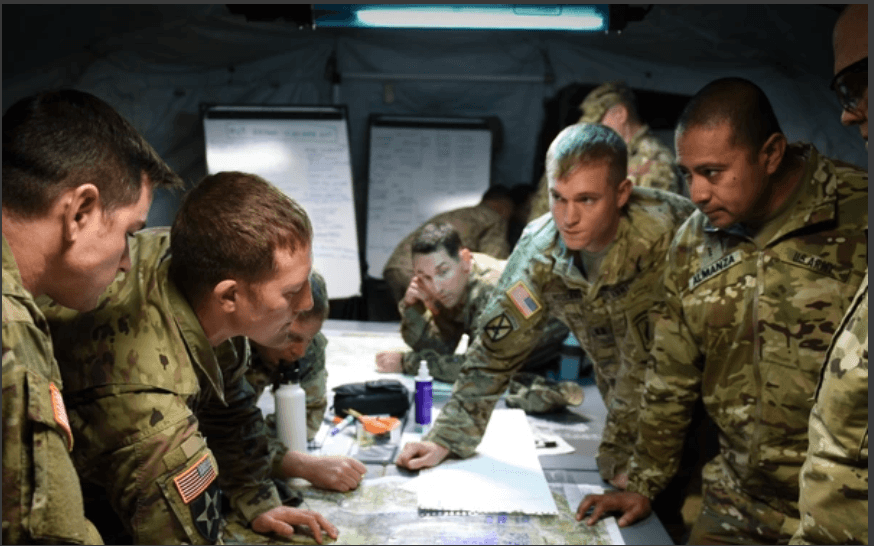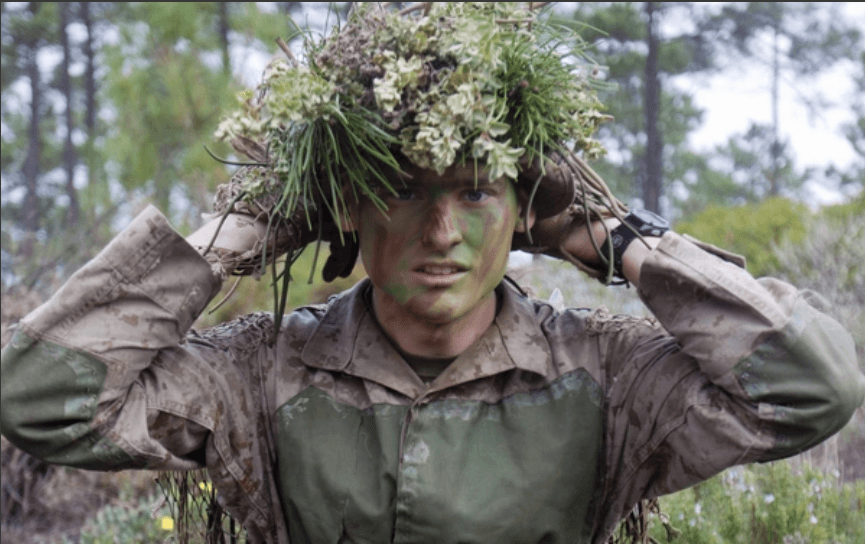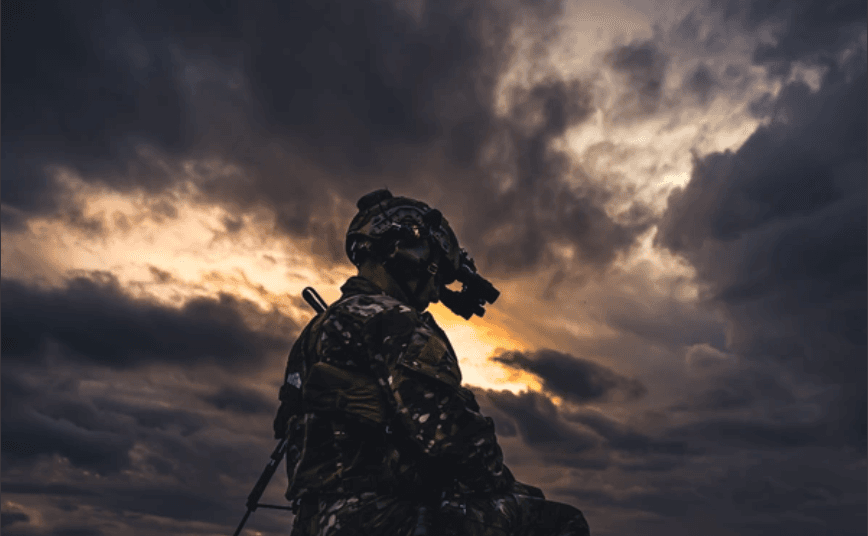Commentary
The notion of quitting has been painted with broad strokes of negativity. The adage rings loud: “Quitters never win, and winners never quit.” Yet, the etymological roots of the word “quit” hint at a different perspective—one of liberation and peace. Derived from the Medieval Latin “quietus,” it originally meant to be free from burdens like war or debt. Today, it’s time to weave a more nuanced understanding of what it means to quit, recognizing that sometimes, letting go can set us free.
The dichotomy of quitting as either wholly good or bad is a misstep. It overlooks the complexities of human experience. Consider the soldier enduring the rigors of ranger school. The immediate discomfort and challenges are undeniable, yet the long-term regret of quitting could outweigh the temporary relief. Conversely, stepping away from a destructive relationship, while acutely painful, might pave the way for a healthier, happier life. The scale of discomfort against the potential for positive outcomes is a delicate balance.
